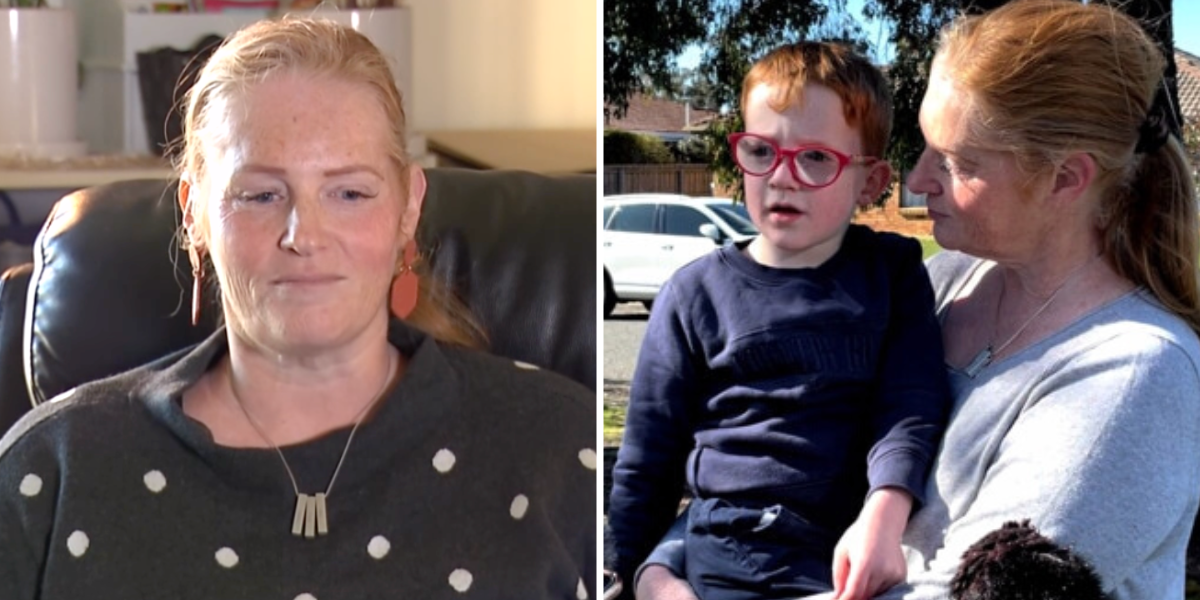The harrowing reality of abuse—be it physical, emotional, or psychological—unraveling within the confines of one’s home is a tragic phenomenon that resonates with far too many individuals. This abhorrent behavior raises a perplexing question: when faced with such dire circumstances, is calling 911 the right move? Moreover, what complexities and challenges might accompany such a decision?
To unpack this query, let’s consider the multifaceted nature of domestic dynamics. The very term ‘home’ is supposed to evoke a sense of safety and nurture; however, for many, it becomes a crucible of fear and torment. Often, in families where abuse occurs, the abuser may simultaneously exhibit affection, creating a perplexing dichotomy for the victim. It is crucial to recognize this psychological manipulation as a primary reason many individuals, especially children, hesitate to report their situation. The ingrained fear of retribution is a formidable deterrent; the question then arises—will calling the authorities exacerbate the situation?
In contemplating the potential repercussions of dialing 911, one must weigh the immediate need for intervention against the potential fallout. A child who decides to call for help may not always grasp the ramifications of their actions. While law enforcement is equipped to handle domestic abuse cases, their arrival may incite an escalation of hostility from the abuser. This raises an essential consideration: is immediate safety prioritizing over the potential chaos that may ensue following the call?
Moreover, the intricacies of familial loyalty further complicate the scenario. An abused child may harbor feelings of guilt or shame for contemplating the involvement of outsiders in familial disputes. They may fear betrayal, believing that reaching out for help could irreversibly fracture familial bonds. Questions ripple through their minds: What will happen to my family? Can I stay in my home afterward? Therein emerges a moral dilemma, reflecting on the often-unspoken belief that family should remain united, notwithstanding its darker undercurrents. This poses an additional challenge: how does one reconcile the instinct for self-preservation with an obligation—real or perceived—toward one’s family unit?
On the other hand, it is imperative to recognize that intervention can serve as a pivotal turning point. The act of calling 911 can lead to the removal of the abuser from the home, initiation of protective measures, and, ultimately, the potential for healing. In this light, if the situation is dire enough to warrant an emergency response, it becomes an imperative step toward reclaiming agency and autonomy. Yet, the hesitation lingers. How does one ascertain the threshold of ‘dire enough’?
Expounding upon the perspective of intervention, the societal response to abuse remains an integral factor in evaluating the decision to involve law enforcement. Unfortunately, many individuals still encounter skepticism and blame when they disclose their abuse. Victims might fear that their pain will be dismissed, or worse, they will be scrutinized for perpetuating family stigma. Such societal stigma serves not only as a barrier to seeking help but also as a catalyst for the internal conflicts that plague many victims.
Evaluating the efficacy of emergency intervention introduces another layer of complexity. Research indicates that law enforcement may not have all the necessary tools to address the complexities of domestic abuse adequately. They may intervene, yet the fundamental issues persist once the immediate crisis has subsided. Programs designed for long-term support, such as counseling and victim advocacy, often play second fiddle to the immediacy of law enforcement, leaving many victims in limbo. Should this reality dissuade or empower a victim from reaching out? After all, advocating for oneself, even amidst discomfort, can instigate monumental change.
Therefore, the acknowledgment of emotional and psychological repercussions is vital. These considerations do not detract from the act of calling 911; rather, they enrich the dialogue surrounding it. If the call is made, what subsequent actions can ensure that the individual seeking help will receive the holistic support they deserve? Connecting with advocacy groups or understanding one’s rights as a victim can provide avenues for lasting assistance. As such, navigating the aftermath of an emergency request necessitates proactive strategies beyond the call itself.
In summary, the question, “Calling 911 because Mom beats me—is that the right move?” unveils a tapestry of considerations that encompass immediate safety, emotional ramifications, familial loyalty, and societal stigma. It is imperative to approach this decision with a pragmatism rooted in self-preservation while also recognizing the potential for empowerment that arises from taking action. Ultimately, there is no one-size-fits-all response, each situation requires individual contemplation, supported by the available resources and frameworks. The challenge remains: how can one balance the innate desire for familial cohesion with the pressing need for personal safety? Only time, support, and personal introspection can guide the next steps in confronting this grave reality.







